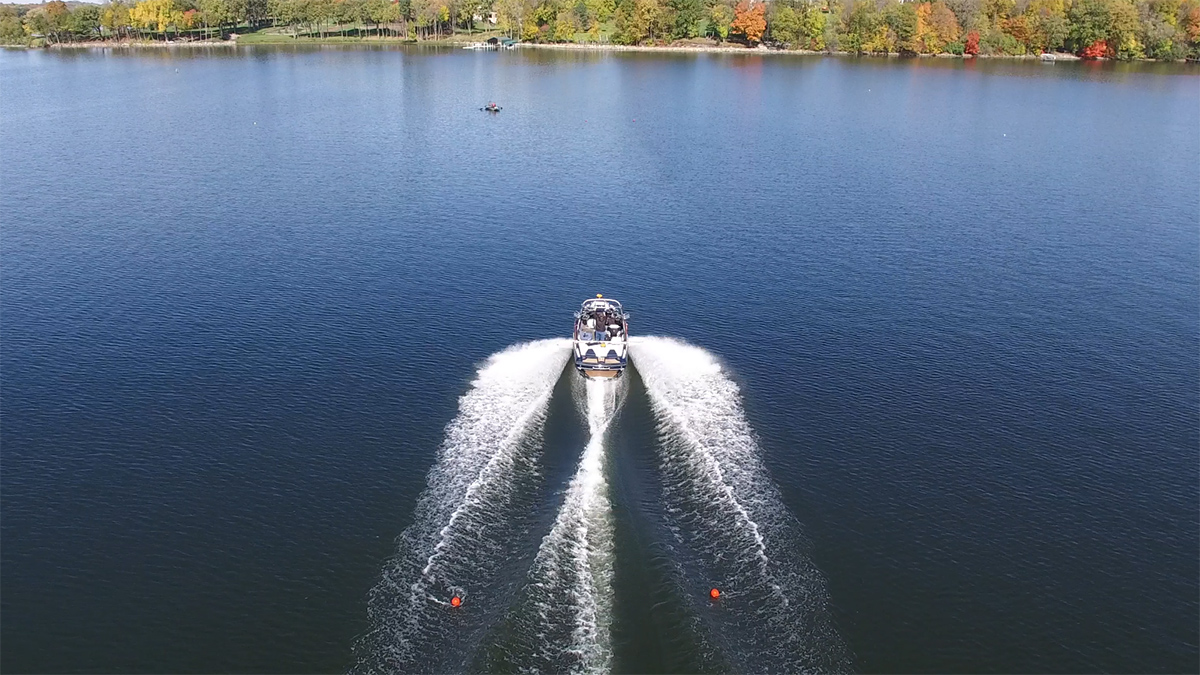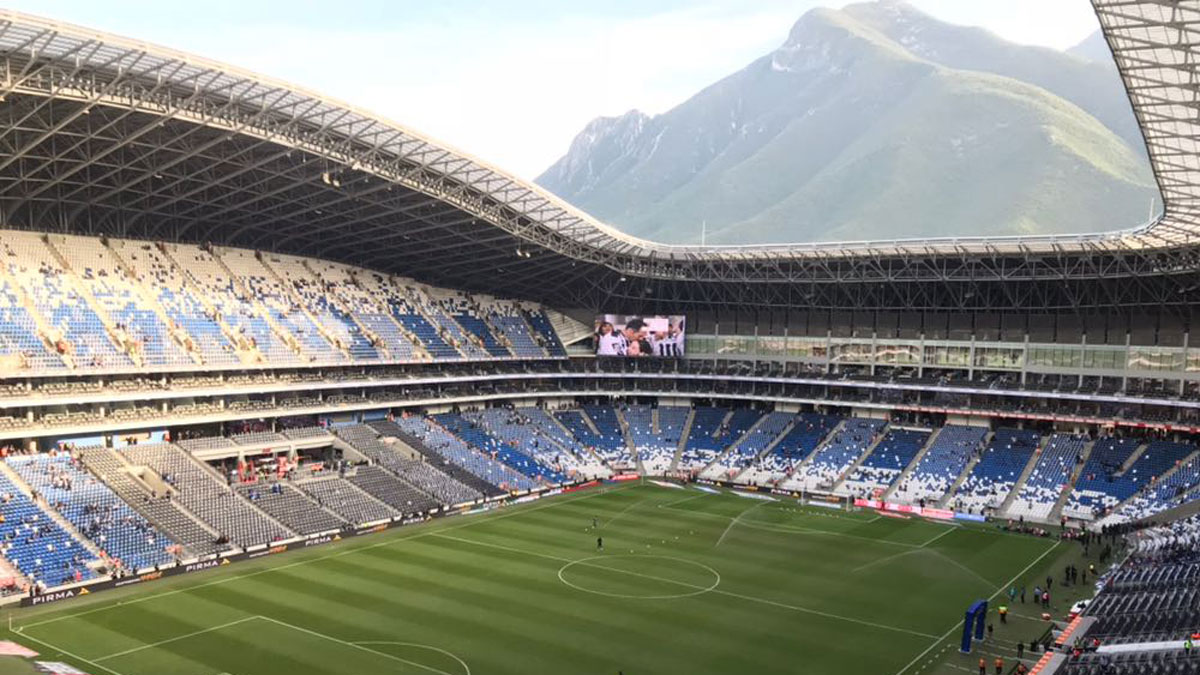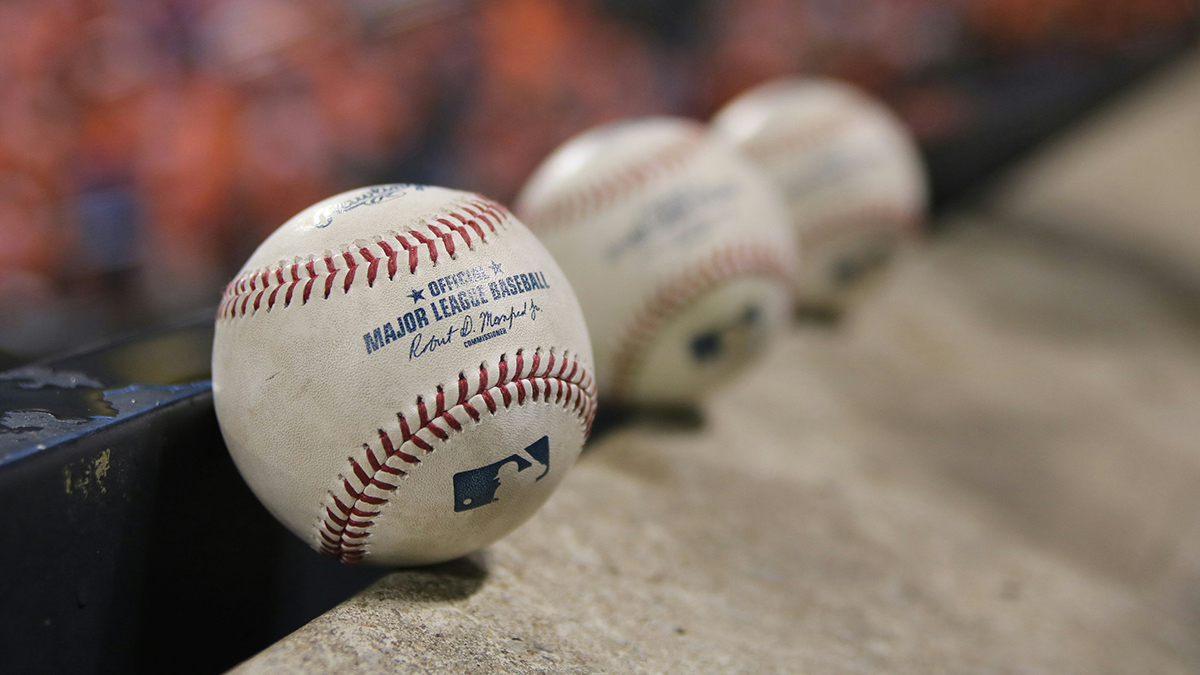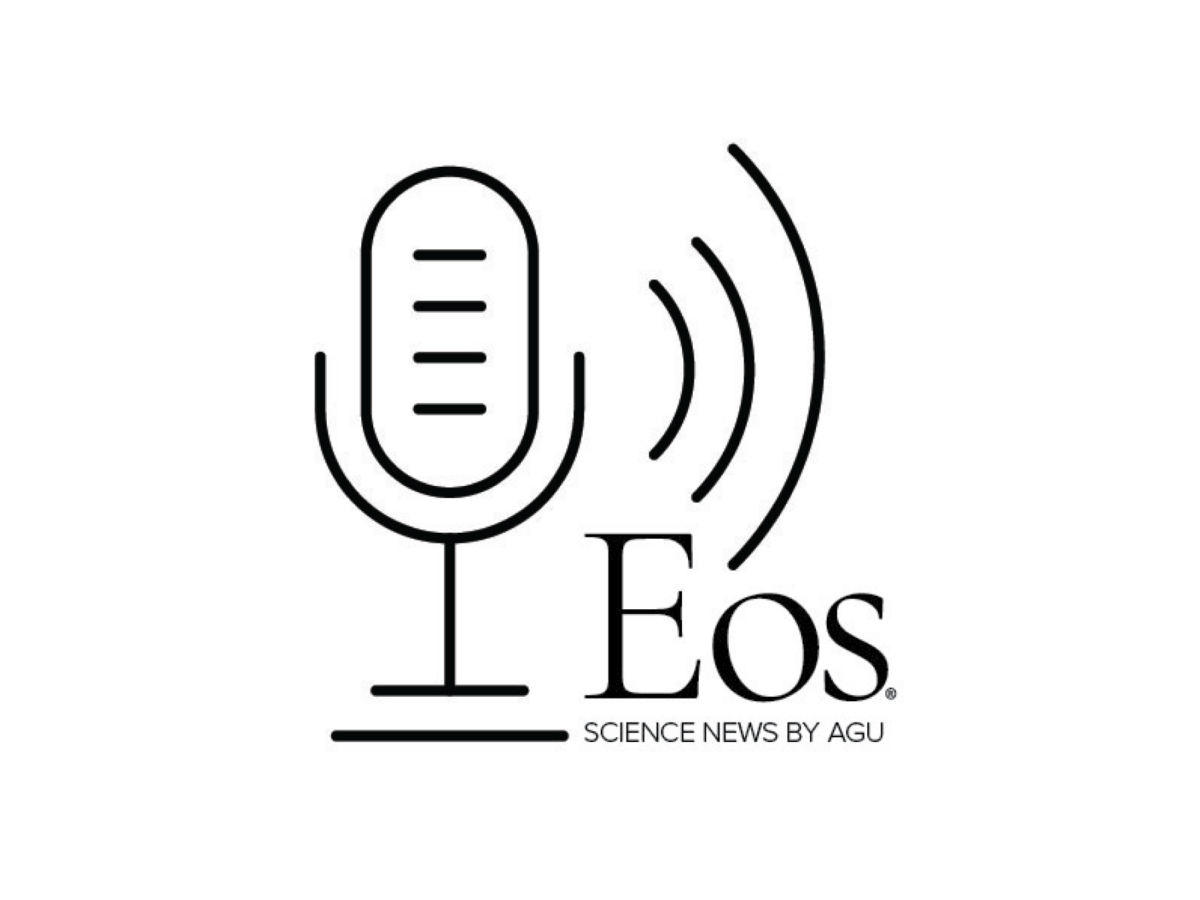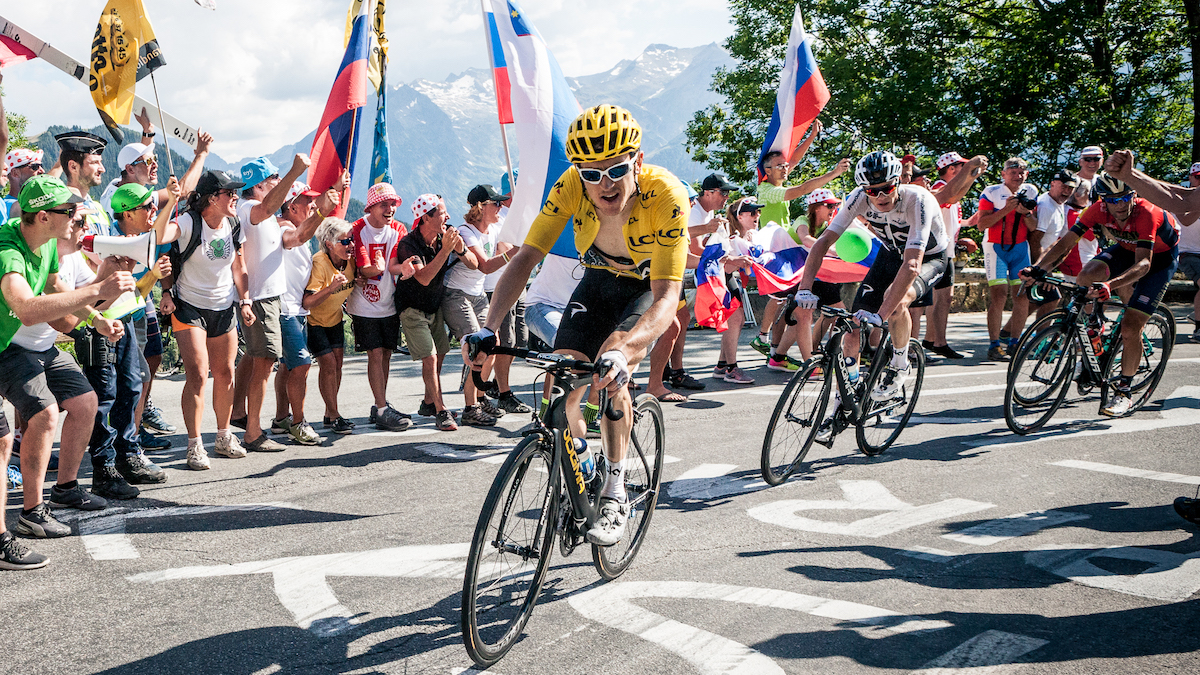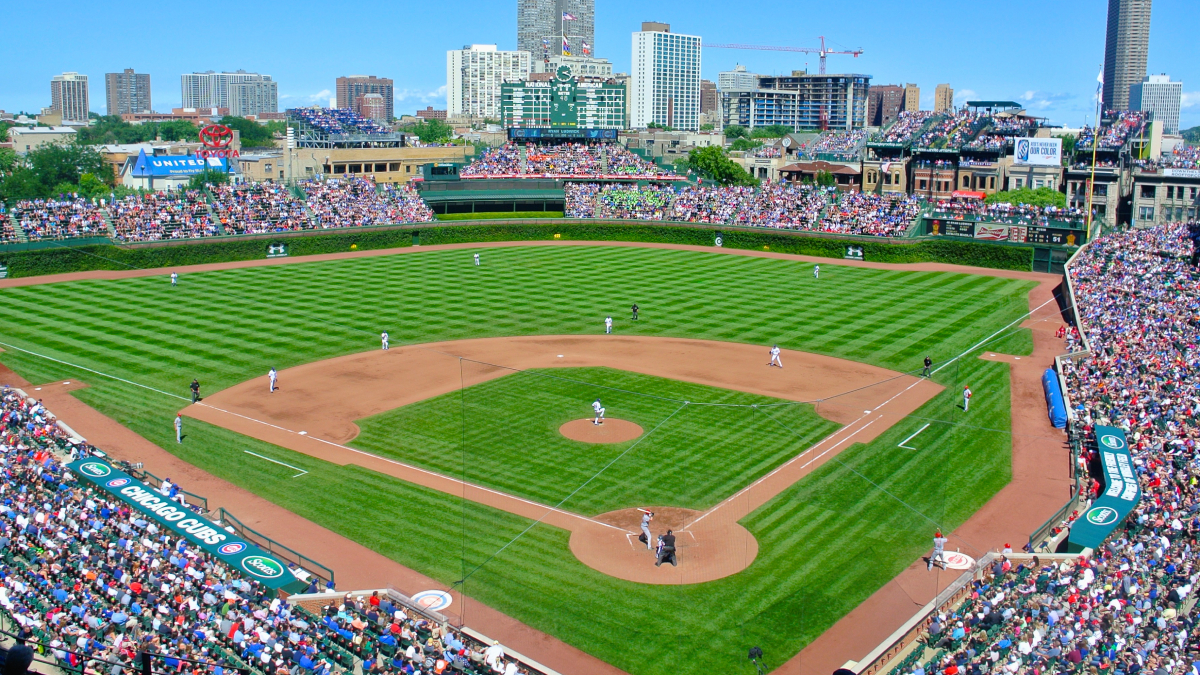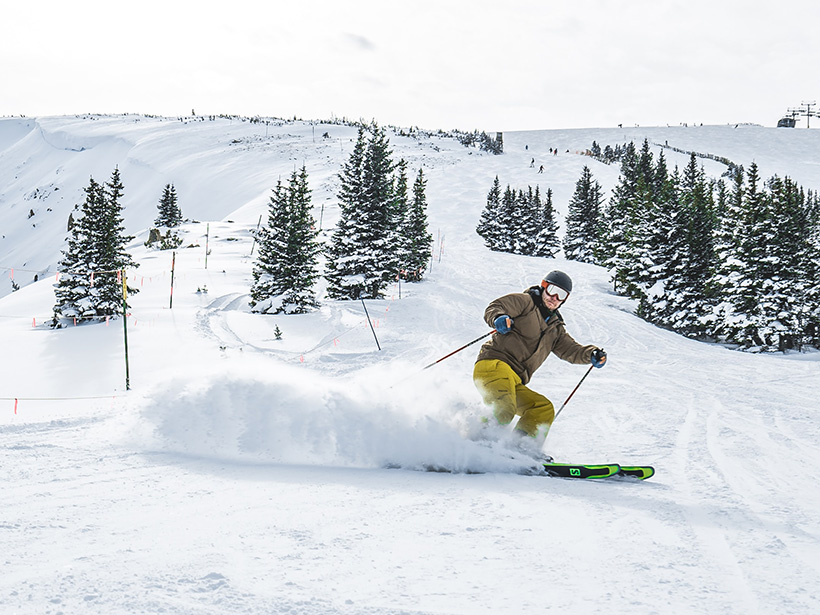Wakeboats are turning Minnesota’s lakes into summertime surf spots, but the artificial chop can shake up the lake bed, too. New wake data can help communities plan for responsible recreation.
sports
Soccer Players Risk Heat Stress in World Cup Stadiums
Rapidly traveling between climate zones, all with different average temperatures, humidities, and oxygen levels, will place additional stress on players, staff, and spectators.
Geoscientists Demystify Baseball’s Magic Mud
Taking baseball’s mysterious Rubbing Mud into the lab revealed no magic ingredients—but plenty of useful natural properties from geomaterials.
Sailing Spectators’ Sounds Could Harm Marine Creatures
Research delves into noise pollution caused by spectator boats at sailing events such as the America’s Cup.
Sharing the Geology of the Tour de France
In short broadcasts, a team of educators brings geological knowledge to the cycling world.
Spain’s Seafaring Sports See Fewer Calm Days
Knowing the best days for calm or active water activities can strengthen the local economy and help tourists optimize their trips.
Climate Change Knocks It Out of the Park
A climate curve ball: Short-term gains in home runs might soon give way to long-term problems when it gets too hot to play.
How the Ski Industry Stopped Worrying and Learned to Love Climate Activism
A cultural shift is underway to transform outdoor buffs into stalwarts for climate action. Will it come soon enough to save their sport?
Most Olympic Sports Not Advancing on Sustainability
World Sailing, World Athletics, World Rowing, and FIFA made the podium. Seven of the 32 summer Olympic sports federations haven’t even entered the race.
Turf’s Dirty Little Secret
Greenhouse gas emissions from sports fields may be scoring points for climate change.

